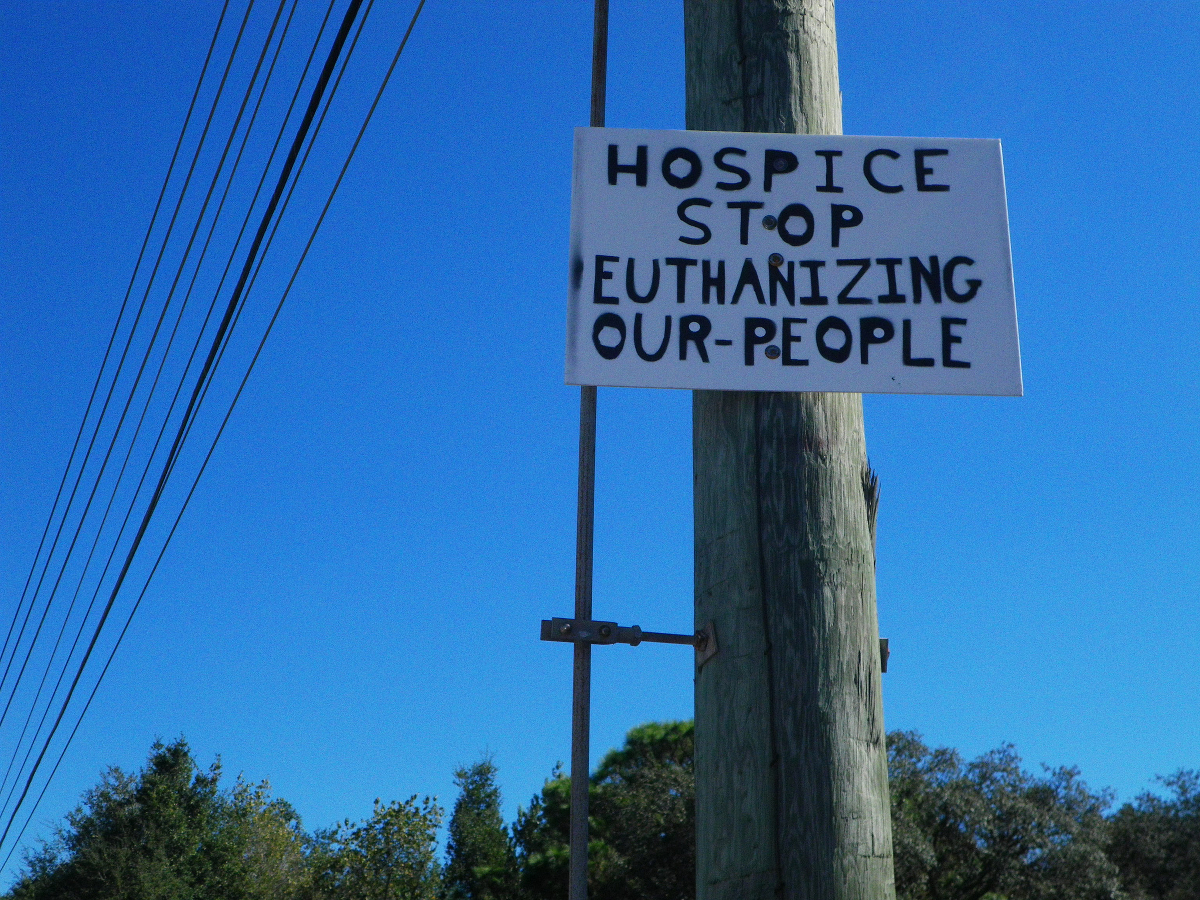A 10-month-old boy is expected to die today, after his parents lost a court battle to keep him alive. Doctors and specialists at the world-renowned Great Ormond Street Hospital for children took the family to court to gain authorisation to withdraw life support from Charlie Gard, and they won.
Born on 4th August 2016, Charlie appeared to be healthy and well but, within a month, started to display symptoms that ultimately resulted in his hospitalisation and diagnosis of infantile-onset encephalomyopathy mitrochondrial DNA depletion syndrome (MDDS). He and his parents, Connie Yates and Chris Gard, have been in Great Ormond Street Hospital ever since. He is only the 16th person ever known to have had MDDS, so his case is extremely rare.
As the severity of Charlie’s case became clear, Yates and Gard contacted doctors around the world to see if anybody could help their son. On discovering that there was an untested trial drug treatment, known as nucleoside therapy, that a boy in the States with a similar condition had been successfully treated with, the pair fundraised to get Charlie over the ocean.
They found a doctor willing to administer the treatment and raised £1.2 million, saying, “We strongly feel as his parents that Charlie should get a chance to try these medications. He literally has nothing to lose but potentially a healthier, happier life to gain”.
However, doctors from Great Ormond Street were concerned that Charlie’s quality of life would not improve and approached the courts to rule on the decision to stop the boy’s life support, which included a ventilator to breathe and tube feeding.
In April, Mr Justice Francis said the doctors could stop providing life support to Charlie, stating that palliative care would be in his best interests. Subsequent appeals by the parents in the Court of Appeal and the Supreme Court all failed and European court judges refused to intervene.
Today, Charlie’s life support is due to be turned off.
Charlie’s case
The lawyer in charge of Charlie Gard’s legal team was Richard Gordon QC, who suggested that Great Ormond Street’s actions could mean that Charlie was being unlawfully detained and denied his right to life and his right to liberty. He reports that the parents “don’t want to look back and think ‘what if?’. This court should not stand in the way of their only remaining hope”.
Gordon also insisted that the judges’ ruling on the case should not interfere with Yates’ and Gards’ exercising of their parental rights, and confirmed that the experimental therapy in the States was at no risk of causing him “significant harm”.
The hospital’s case
Katie Gollop QC, in charge of the legal team for the hospital, told the court that the proposed trial therapy would not help Charlie, and described his life as a “condition of existence” that it would be “inhuman” to allow to continue.
She pointed out that because Charlie was unable to see, hear, move or make a noise, it was impossible to know whether he was in pain or not.
A similar case to Charlie Gard
Mik Scarlet, a disability activist, told me that he “was a very sick baby with a stage tumour diagnosed at 6 weeks after 5 weeks of screaming in agony. I went to Great Ormond Street Hospital but everyone fought tooth & nail to keep me alive despite being hours from death, with a tumour that was 98% terminal at that time.
“They gave me experimental chemo, surgery and major radiotherapy plus massive doses of vitamin B12. At no point did anyone mention letting me go due to mercy or quality of life or whatever.“
Despite being given a 2% chance of survival and undergoing experimental treatment at such a young age, Scarlet has now outlived his prognosis by almost 52 years.
He went on, “I’m living proof that trying despite the odds & prognosis can pay off. Even if it doesn’t, trying can lead to medical advances and moving knowledge about the condition”. In fact, his experimental trial treatment led to medical advances that have now saved hundreds of thousands of lives.
Scarlet feels, and I can’t help but agree, that Charlie is being left to die too soon in the process, based on assumptions by medical staff about what he can and can’t feel.
If he may be in pain, treat the pain. Don’t treat a potential risk of pain with death before all avenues have been explored.
He wasn’t allowed home
Nearing the time when he was about to die, Charlie’s parents said that the Great Ormond Street Hospital was refusing to allow them to take their baby home to die. Even if causing his death based on assumptions about how he feels is tolerable, not allowing his parents to do it on their own terms is unbearable.
While it is dangerous to insist that parents always know what is best for their children, as is evidenced in every child abuse and endangerment case that litters our media, there is no evidence that Charlie’s parents want anything other than to give him the best chance he can get.
And who can fault them for that?
A non-disabled 10 month old would be given every chance to live their lives but if we include disability or ill-health in the mix, their chance of survival is suddenly less important. Treat pain, treat breathing difficulties, and feed through a tube if necessary; none of these are sufficient reasons to order an end to Charlie’s life when all potential avenues have not yet been explored.
Photo: Daniel Oines/Creative Commons

